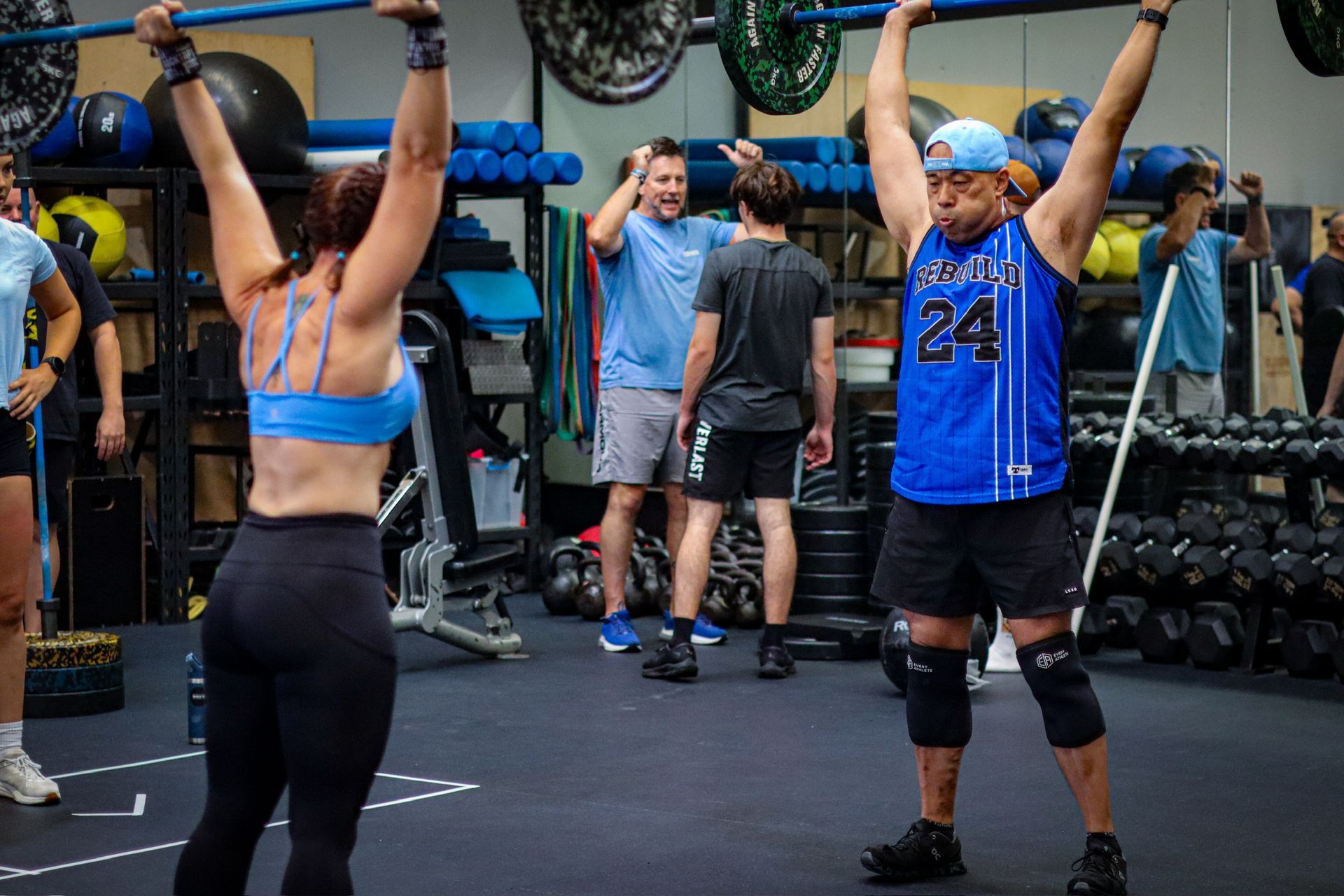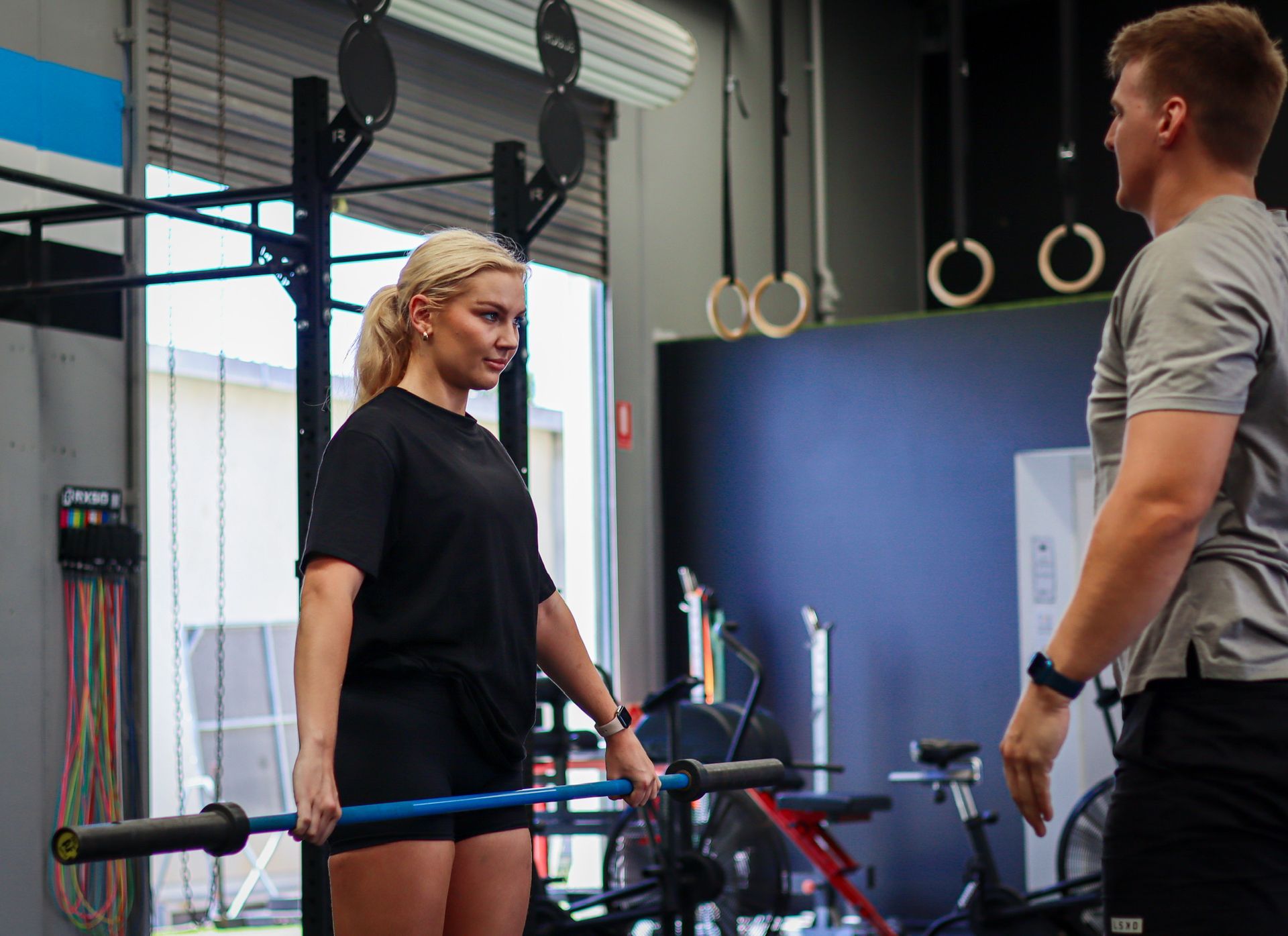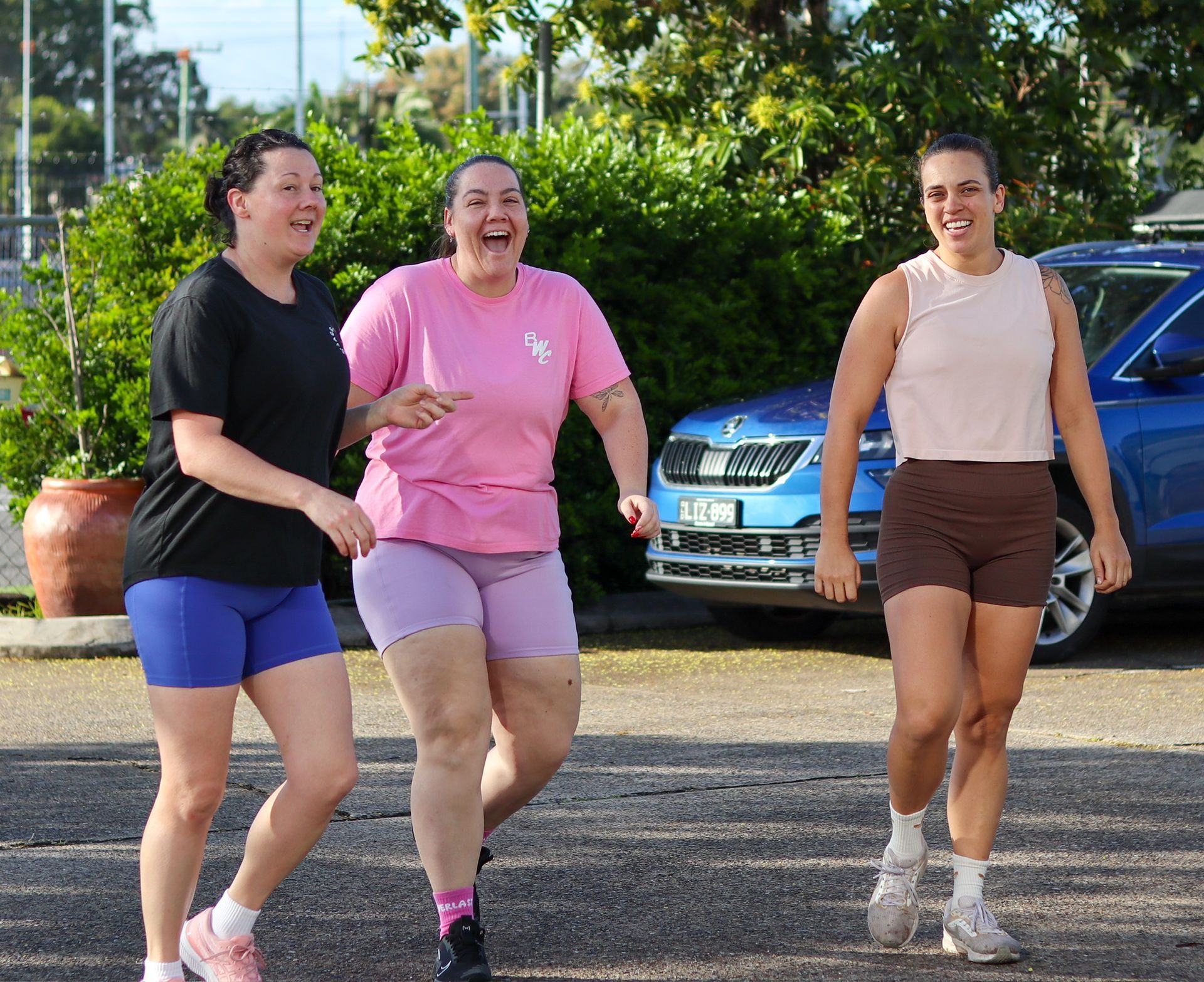The Optimal Diet for Human Health
Last week what spoke about what I believe what health really is, so let's go deeper again and try and find the optimal diet for human health as backed by research. You’ve heard everyone spouting shit about what the best diet for fat loss and health is right? Ketogenic, high carb, low carb, paleo, high protein, plant-based, vegan etc BUT What if there wasn’t an optimal overall diet? Maybe we need to have a closer look at ancestral health & the blue zones around the world. What’s a blue zone you ask? Blue Zones are areas in which people have low rates of disease and live longer than anywhere else. Lomo Linda (California), Nicoya (Costa Rica), Sardinia (Italy), Icaria (Greece), Okinawa (Japan) What do these blue zones have in common, remember from last weeks email, it’s not all about nutrition. Physical activity Close knit community & family Sun exposure Less stress No smoking Religion & sense of purpose Less PollutionLet’s have a look at some fairly extreme diets around the world where the people seem perfectly healthy and without rates of obesity. The Kitavans on the Melanesian island follows a traditional, non-industrial diet. About 69% of their diet comes from Carbs, 10% Protein and 21% fat. Yet they having very low HDL (good cholesterol) levels and very low rates of cardiovascular disease. The Aymara people (Chilean natives) 80% of their diet comes from the carbohydrate potato. They have extremely low rates of diabetes despite the extremely high intake of HGI Carbs. Maasai Tribe, men eat a diet consisting almost exclusively of high fat and protein consisting of milk, meat, blood and they rarely eat any vegetables. High calories over 3000 per day 66% from fat (33% from Saturated fat) and they consume 600-2000mg of cholesterol per day. YET they have low levels of serum cholesterol and no evidence of heart disease. Now let’s have a look at the most famous case of a tribe being westernised and how this affected them. The Pimpa Indians, they traditionally lived off the land until irrigation water got diverted so they could no longer grow crops. The became dependant on government food programs providing white flour, sugar, partially hydrogenated lard and canned goods. They now have the highest rate of diabetes (38%) and one of the highest rates of hypertension and obesity of any population in the world! How very very sad is that. But why?Well, you are taking people who grew their own crops and lived naturally off the land, their food was nutrient-dense and their foods were extremely satiating. Now they have been given highly palatable foods with low satiation whenever they want them. They eat for pleasure in the absence of an energy deficit.These people above have possibly genetically adapted to that way of living. But you can see all their diets are vastly different. Some extreme high fat like the Inuits (75% fat) some are high carb, some don’t eat any vegetables. So with all that said………………So how do we know what the optimal diet is? Well, the answer is there isn’t one. Nice one James, top marks I wanted a straight answer! LOL you won’t find one here. The answer is you need to eat to meet your energy requirement while having an underlying principle of a good Macronutrient breakdown (protein, fats and carbs) and micronutrient intake (vitamins and minerals). But if any diet worked perfectly for everyone, trust me the world wouldn’t be in the shit pile it is surrounding food. You see it really doesn’t matter how you eat in theory, the optimal diet is the one you can adhere to the best, it is as simple as that.I think we can take a lot away from the blue zones, they get sunlight each day, they have a connection with family and a sense of purpose, they smoke less, they stress less they are very active and they eat a less westernised diet. If I was going to say what a ‘good balanced’ overall diet would be for westerners of the world. It would be:Limit refined starches Limit added sugar limit processed foodsLimit certain processed fats (Trans) Eat meats, fish, poultry, seafood, whole grains, vegetables and fruits. Eat some of your favourite foods ?The key word there is the limit, not eradicate all together. Still, have the foods you always enjoy, that is what keeps up adherence and allows sustainability in life & what the fuck is life without some bloody chocolate or crisps (UK crisps of course, Australia crisps suck and they call them chips WTF). Anyway, I digress.You see everyone needs something a little bit different in their diet depending on a factor of different things, but the diet should be built around your lifestyle and values, your life should not be built around your diet.
Previous Blogs




